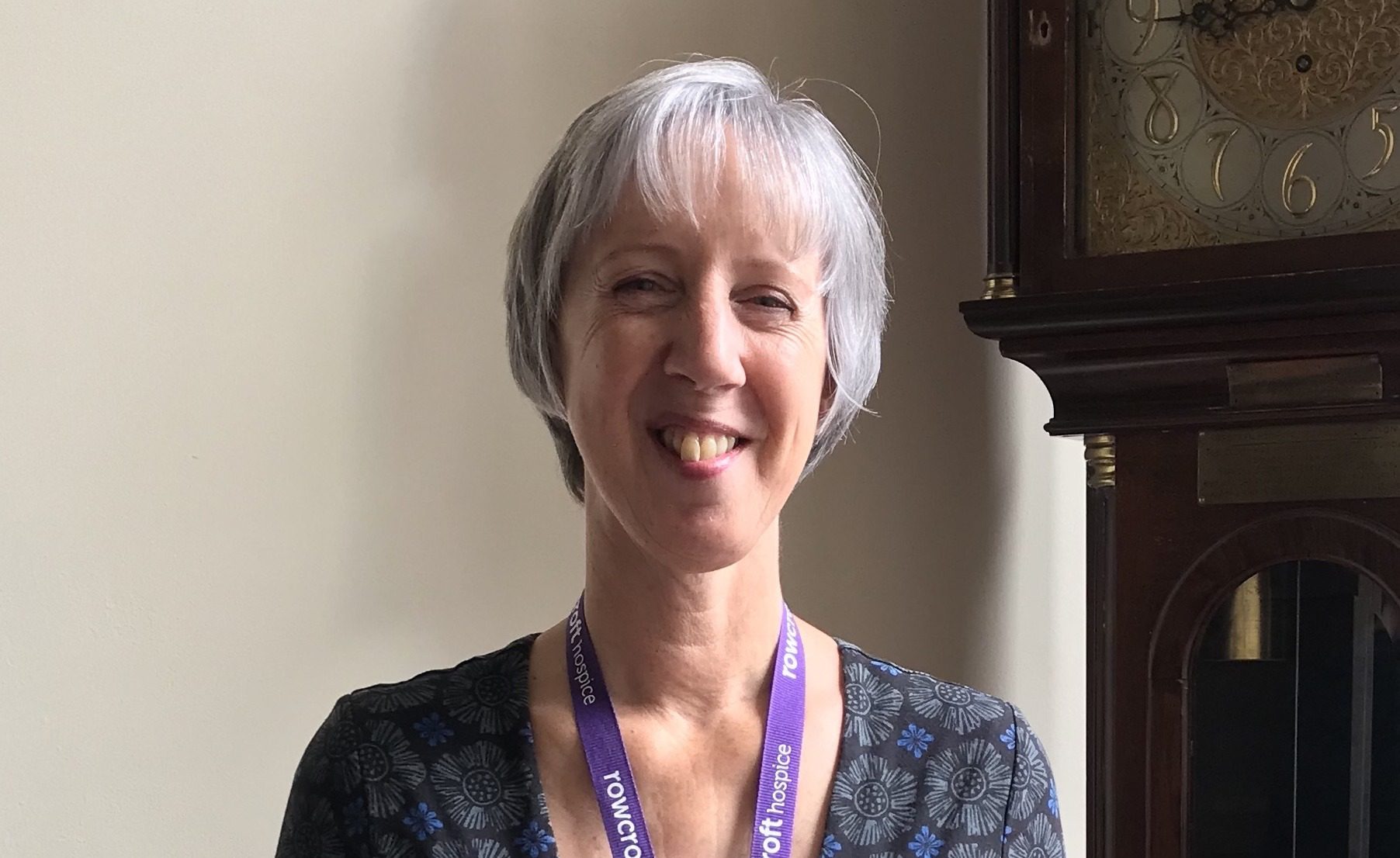Over the past three months, Rowcroft has risen to the challenge of continuing to operate its clinical services through the COVID-19 pandemic. Teams have pulled together from across the organisation to make sure patients and families requiring our services can still get the care and support they need. Here Dr Gill Horne, Rowcroft’s Director of Patient Care, outlines some of the ways that the organisation has had to adapt to cope with the additional pressures.
“Our Community Team have been using AccuRx (a video consultation tool), to limit the amount of home visits needed, and this has enhanced their telephone assessments. Staff have still been visiting patients and families where urgently needed, protected by using appropriate personal protective equipment (PPE). In collaboration with Torbay Council and other partners, the team also set up a new emotional wellbeing helpline for health and social care workers and relatives of patients with COVID-19 who are struggling with any aspect related to COVID-19. We are thrilled we can offer this important new service. Our Bereavement Team have been unable to undertake face-to-face support, but have continued to offer much-needed telephone support to bereaved carers.
“We have temporarily added in some additional nursing capacity to our Hospice at Home Team to enable us to meet the increased demand from more patients wanting to die at home. The team have been at the forefront of providing care for those with suspected or confirmed COVID-19 – thankfully only small numbers”.
“Early in the pandemic, our Inpatient Unit initially saw a drop of referrals, mostly due to patients’ anxieties about leaving their homes. The Inpatient Unit has now resumed normal levels of activity and is supported by our full establishment of nurses. Due to national guidance, we have had to make some restrictions to visits by family and friends, but abiding by our hospice philosophy we have found ways to provide emotional support to patients and their families throughout this period. Some of our previously retired nurses have returned to work with us to support us through this pandemic and our nurse educators have also worked clinically, which has been wonderful.

“Members of our medical and nursing teams have also worked collaboratively with local GPs, Torbay and South Devon NHS and Devon Clinical Commissioning Group (CCG) to develop symptom management guidance for people with COVID-19 at the end of life. This is available to download from our Clinical Resources page. Dr Human, one of our consultants in palliative medicines, has been integral to designing the care model for patients who will be cared for at the Nightingale Hospital in Exeter. Our Education Team and other staff who have needed to shield have sourced videos to support informal carers, hosted a webinar for care homes, developed resources, and provided telephone support to care home staff.
“Implementing robust infection-prevention strategies has been key for our practice during this time, to protect us all. It has been really challenging to secure PPE for our clinical teams throughout the pandemic, but we have managed to achieve this – often with support from our community and partner organisations and more recently by our Estates Team driving to Plymouth every week to pick up our supplies. Our Housekeeping Team increased their capacity to provide more frequent cleaning and our Catering Team have worked hard to keep us fed and watered! We have all found creative ways of managing changes in working practice. The new practice of having to wear face masks to protect us has had a personal impact on staff, particularly during the hot weather.
“Obviously, like so many others, we have been impacted by staff and volunteers needing to shield or self-isolate, and by needing to work differently (or remotely) following risk assessments.
“While we have made great strides in coping and adapting to so many complex difficulties posed by COVID-19, we know that we are still very much in the thick of this pandemic; the challenges we face are huge, and there is absolutely no room for complacency. Over the coming months, we know we will need to dig deep to keep the momentum going, building on what we have achieved so far, and continuing to adapt so that we can carry on providing the best care possible to our patients and families.”

